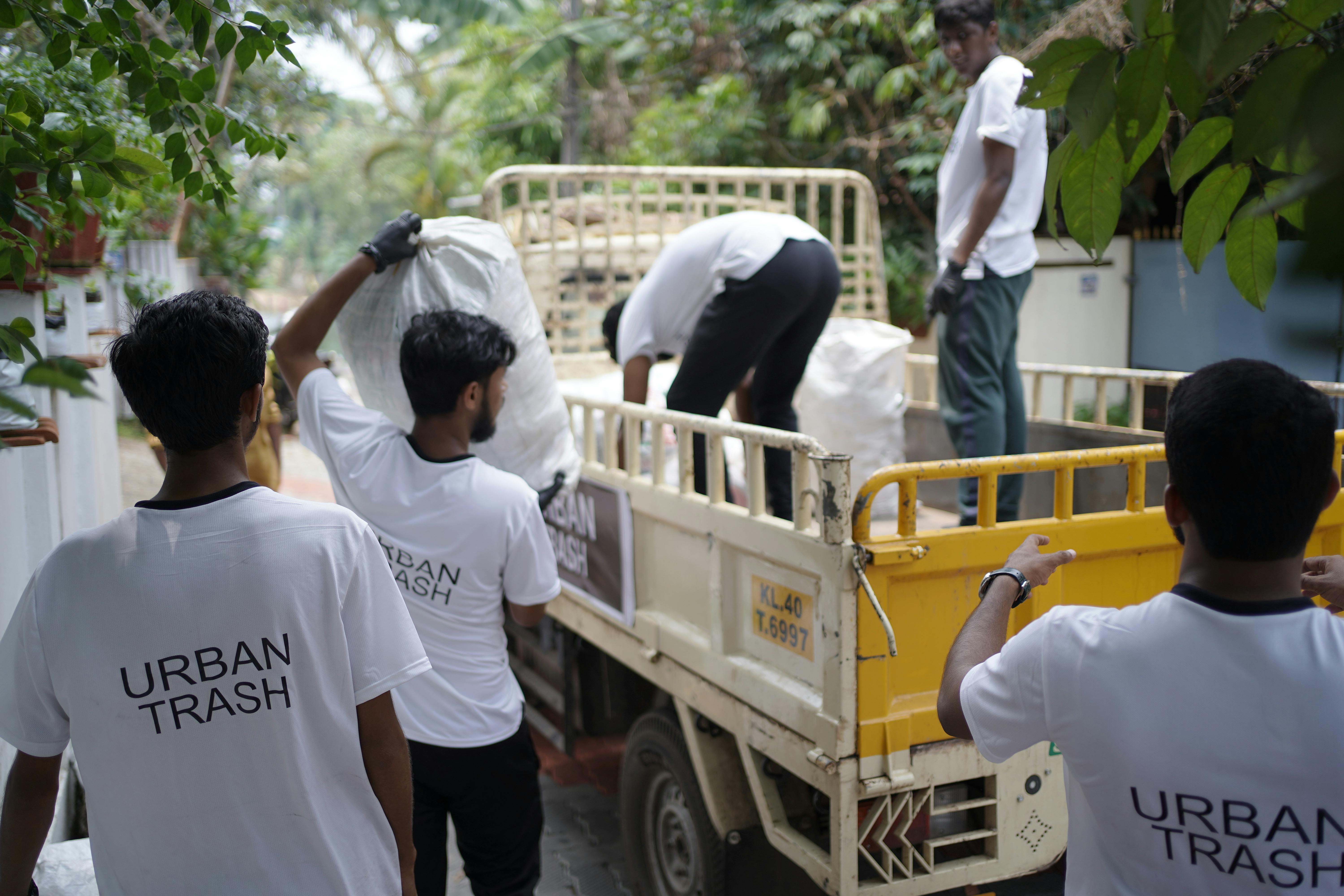 .
.
How to Choose the Best Waste Management Strategy
When it comes to waste management, it can be overwhelming to decide which strategy is best for your individual needs. From recycling and composting to curbside collection and more, the choices are endless. In this blog post, we’ll explore the different waste management solutions available to you and discuss how to choose the best one for your needs.
What Exactly Is Waste Management?
Before we dive into the different waste management strategies, let’s discuss what waste management actually is. Waste management is the process of collecting, storing, treating, disposing of, and recycling waste materials. This process serves to protect human health and the environment by reducing the amount of waste that ends up in landfills, incinerators, and water sources.
Types of Waste Management Strategies
There are numerous strategies for waste management, but they can generally be broken down into two main categories: onsite management and offsite management. Onsite management strategies involve managing your waste on your property, such as recycling, composting, and other forms of waste reduction. Offsite management strategies, on the other hand, involve sending your waste to an outside facility for disposal or recycling.
Onsite Waste Management Strategies
Onsite waste management strategies involve managing your waste on your property. This includes strategies like composting and recycling, as well as other forms of waste reduction.
Composting
Composting is the process of transforming organic waste into nutrient-rich soil. It is an effective and sustainable way to reduce food waste and help the environment. Composting is also beneficial for your garden, as the nutrient-rich soil it produces can be used to improve the soil quality and promote healthy plant growth.
Recycling
Recycling is another effective and sustainable waste management strategy. This involves collecting and sorting recyclable materials like plastic, paper, cardboard, glass, and aluminum. These materials can then be reused in the production of new products. Recycling helps to reduce the amount of waste going to landfills and helps to preserve natural resources.
Reusing
Reusing items is a great way to reduce waste. This involves finding alternative uses for items that would otherwise be thrown away. For example, an old shirt can be repurposed into a cleaning rag, and an old jar can be used as a vase. Reusing items not only helps to reduce waste, but it can also be a creative and fun activity.
Offsite Waste Management Strategies
Offsite waste management strategies involve sending your waste to an outside facility for disposal or recycling.
Curbside Collection
Curbside collection is the most common form of offsite waste management. This involves placing your waste in a designated container, such as a garbage can or recycling bin, for collection by a waste removal service. These services usually provide containers for each type of waste, such as cardboard, paper, plastic, and glass, to make collection easier.
Landfill
Landfills are large areas of land dedicated to the disposal of waste. This is generally considered the least desirable form of waste management, as landfills produce large amounts of greenhouse gases and can contaminate groundwater. However, landfills are necessary to dispose of certain types of waste, such as hazardous materials.
Incineration
Incineration is the process of burning waste in a controlled environment. This reduces the volume of waste and can be used to generate energy. However, incinerators produce large amounts of toxic emissions and can be a major source of air pollution.
How to Choose the Best Waste Management Strategy
Now that you’ve learned about the different waste management strategies available, you may be wondering how to choose the best one for your needs. Here are a few things to consider when making your decision:
Environmental Impact: Consider the environmental impact of each waste management strategy you’re considering. For example, composting and recycling have minimal environmental impacts, while landfills and incinerators can cause pollution.
Cost: Waste management can be expensive, so it’s important to consider the cost of each strategy. Curbside collection services may be more expensive than handling your waste onsite, but they may be more cost-effective in the long run.
Ease of Use: Think about how easy each strategy is to use. Composting and recycling are relatively simple to manage, while sending your waste offsite may require more effort.
At Midland Toilet Hire, we understand the importance of choosing the best waste management strategy for your needs. That’s why we offer a comprehensive range of waste disposal solutions for both residential and commercial customers. Whether you’re looking for a curbside collection service or onsite waste management solutions like composting, our team of experienced waste management specialists can provide the perfect solution for you. Contact us today to find out more.
